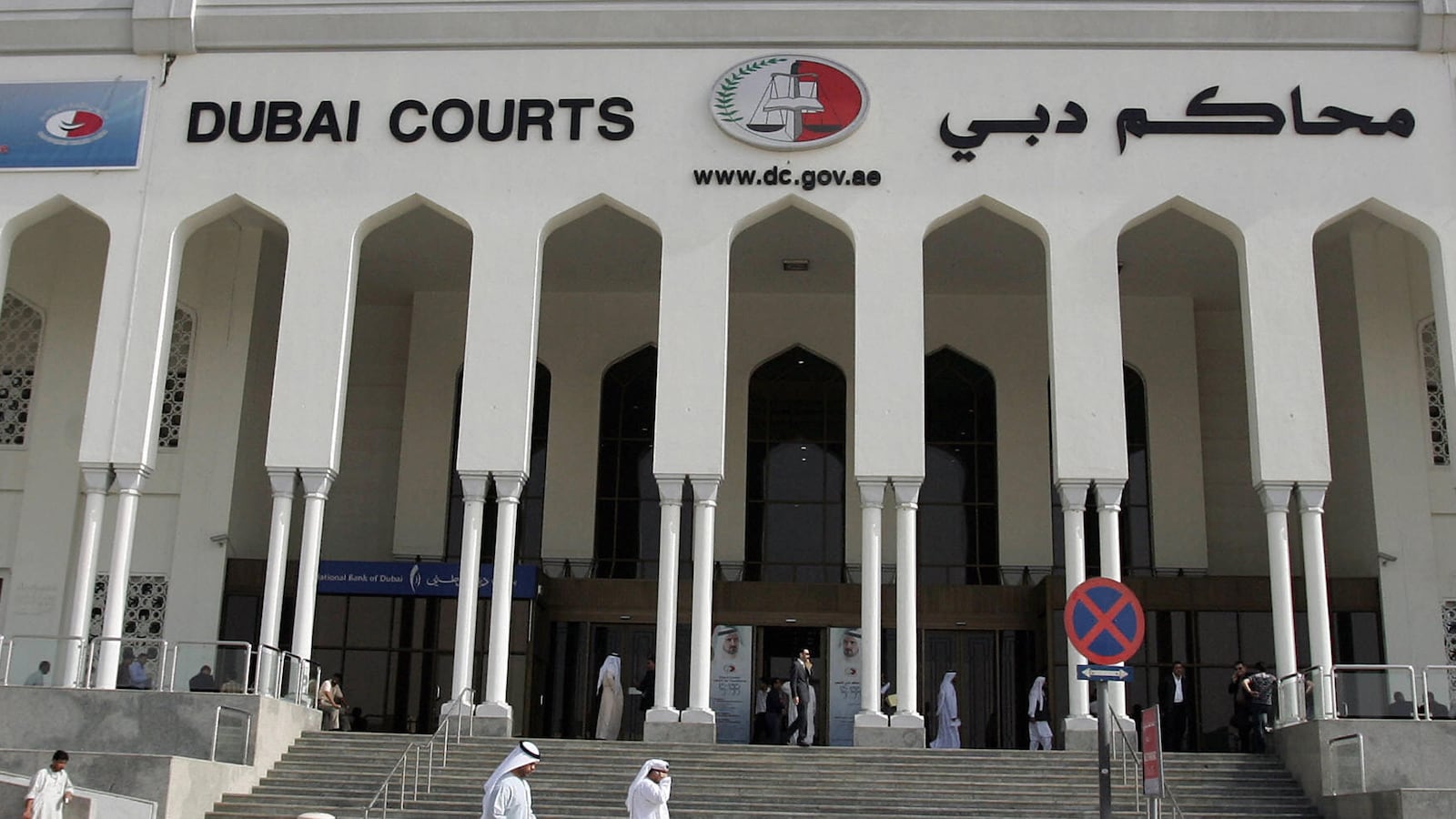Since 9/11, one of America’s closest allies in the Middle East has been the federation of seven sheikdoms known as the United Arab Emirates. Wedged between Iran and Saudi Arabia this wealthy country does $27 billion a year in trade with the United States and has modernized its military with American arms.

This close alliance is now straining after a rare outburst from the UAE. The dispute centers on a single paragraph in the State Department’s annual human rights report about the failed efforts of Islamists to form a political party inside the emirates. The UAE issued a public response Monday asking why the report never acknowledged evidence that the leader of this party was now running a jihadist training camp in Syria.
The UAE almost always conducts its diplomacy behind the scenes and rarely issues any public criticism of the United States. But in recent years the UAE’s rulers have quietly seethed at how President Obama has managed affairs in the Middle East and particularly his support for the toppling of America’s former client in Egypt, Hosni Mubarak.
For the emirates, a small country that quietly funded a mission to train a counter-piracy force in Somalia and has waged a political war against Islamist extremists in the Middle East, a few lines in a voluminous government report was an insult.
“Emirati diplomacy, like that of other conservative Arab Gulf states, is usually done discreetly,” said Simon Henderson, an expert on the Gulf region at the Washington Institute for Near East Policy. “To issue a news release is extraordinary and suggests a diplomatic rift with Washington which the Obama administration should quickly deal with.”
The last time any Emirati official went on the record with a bad word for the United States was in 2010 after the State Department spokesman compared the UAE to China and Iran for threatening to cut off Blackberry service if the provider did not share the call data of its users with the government.
In a statement, the UAE’s ambassador responded in 2010 that his government was only asking Blackberry to hand over the same kind of information that Blackberry already gives willingly to the United States (this was before the Guardian and Washington Post published NSA documents to prove it).
This time around the UAE is angry that the State Department's human rights report makes it appear that the founder of the Ummah Party, Hassan al-Diqqi, is just a regular democratic organizer. (The report calls him Ahmed al-Dakki, but the Daily Beast was able to confirm with the State Department that he is al-Diqqi)
Al-Diqqi attempted to form the Ummah party in 2012 following the arrests of several prominent Islamists. At the time the UAE denounced al-Diqqi for his ties to jihadist organizations and prohibited the formation of the party.
“There is a section of each human rights report that highlights the elections and political process of a country including the status of political parties,” said Carole Jackson, a State Department press officer. “The point was that citizens do not have the right to form political parties in the United Arab Emirates.”
The Washington Post reported last year that al-Diqqi had appeared in a YouTube video as the leader of a jihadist militia in Syria appealing for donations. More recently, another senior member of the UAE’s Ummah Party, Abdul Rahman Omeir al-Naimi was designated by the Treasury Department as a financier of al Qaeda.
But none of those updates made it into the latest State Department Human Rights report. A section on al-Diqqi says, “In 2012 several citizens led by (al-Diqqi) announced the formation of the country’s first political party, called ‘Al Umma.’ There were no updates on (al-Diqqi) or the ‘Al Umma’ organization at the end of the year.”
What some at the State Department might regard as an oversight was interpreted as a major slight by the UAE. “The Ummah oversight would seem to suggest that a recalibration of the report’s findings is necessary and that it therefore provides an unbalanced picture of the human rights situation in the UAE,” the UAE’s ministry of foreign affairs said in a statement Monday.
Jackson said, “Al-Diqqi was highlighted in last year’s report because he announced the formation of a political party. We did not have any 2013 update on the formation of political parties, including those referenced in the previous year’s report.”
On a side note Al-Naimi’s human rights organization, Al-Karama Foundation, is a source for one claim in the Human Rights report’s section on Algeria. In that case Jackson acknowledged an error. “Those references to al-Karama should have been edited out and it was an editing error that left them in,” she said.
To be sure, the UAE is not a western democracy. In 2009 a video tape was first aired by ABC News that showed Sheikh Issa bin Zayed al Nahyan, the brother of the UAE’s crown prince, savagely beating and torturing a man with the assistance of men in UAE police uniforms. In December of 2009, an Emirati court found al-Nahyan not guilty.
At the same time, the UAE has not had the wide-scale uprisings that have led to massive human rights abuses from other states in the region such as Bahrain and Syria.
One UAE official who is close to the issue told the Daily Beast, “The critical mischaracterization contained in the report would appear to point to the State Department’s inability to understand the dynamics of the UAE.”
It is by no means the only irritant in the relationship. In Obama’s first year in office, the emirates signed a nuclear deal with the United States whereby Abu Dhabi forswore any rights to build up its capability to enrich nuclear fuel. This year the Obama administration has quietly signaled that it would be willing to accept such an enrichment capacity with the UAE’s chief adversary, Iran.





